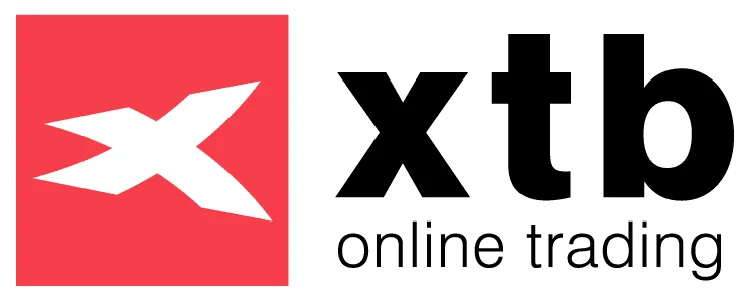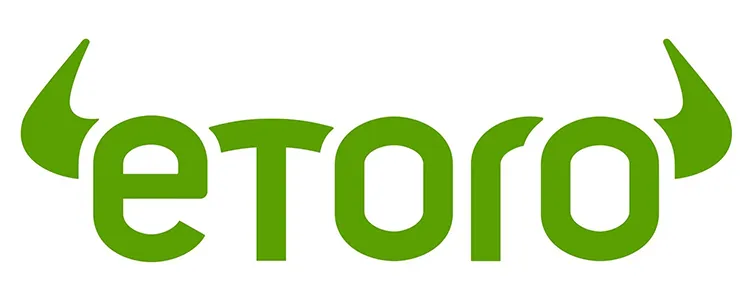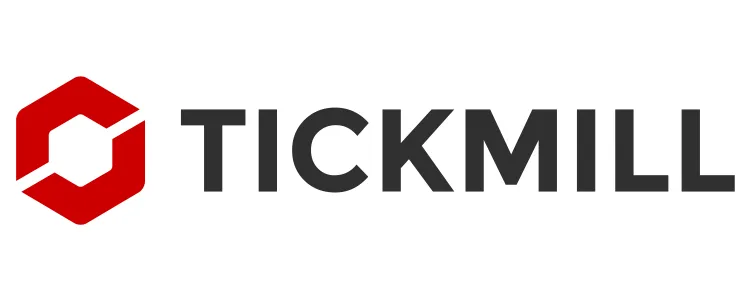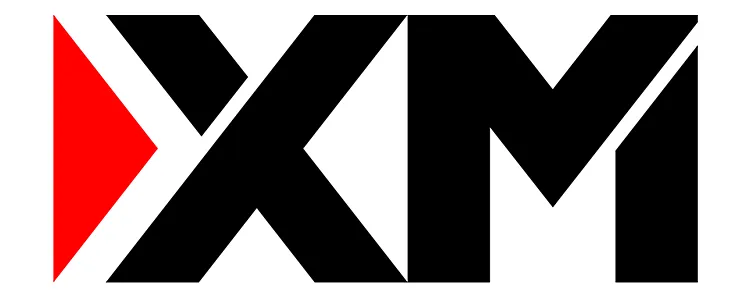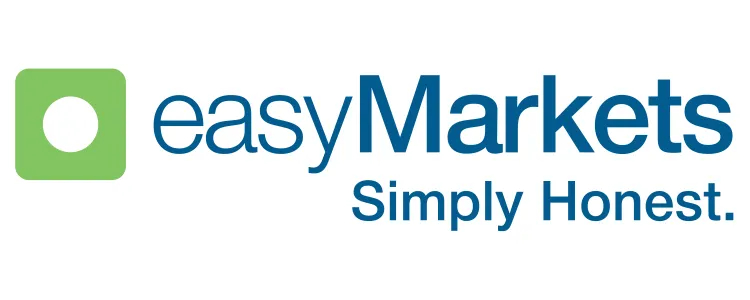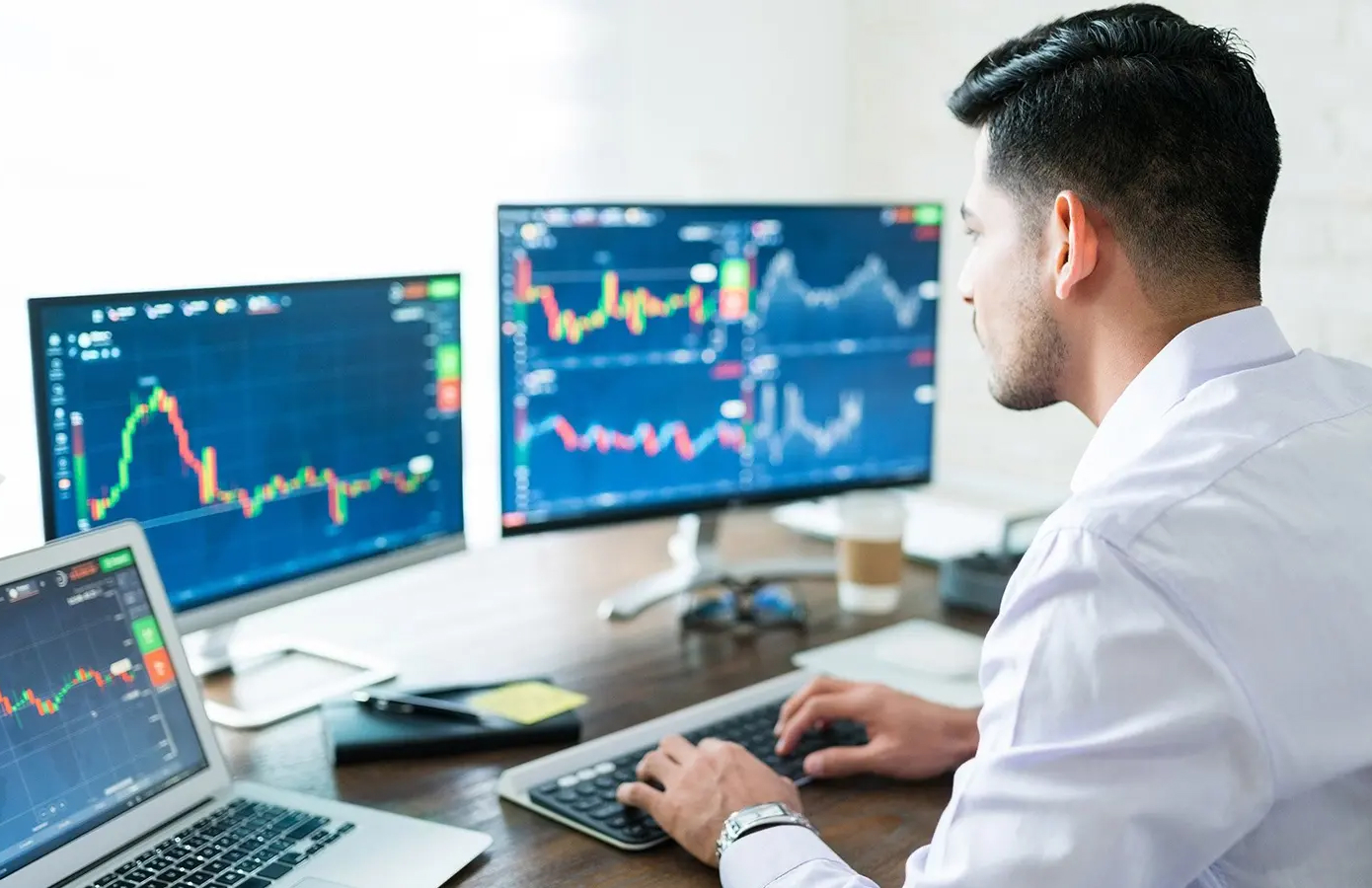Risks of Trading
First, it's important to differentiate between investing and trading. Investing typically refers to purchasing assets with the intention of holding them for the long term, aiming to steadily build wealth and secure financial goals such as retirement. On the other hand, trading focuses on short-term strategies designed to maximize profits over a shorter period, such as days or months. Trading is generally considered to carry higher risks than investing.
- Never trade with money you cannot afford to lose.
- Engaging in daily trading can result in losing your entire investment.
- Trading scams are becoming more common, so it’s crucial to carefully research your broker. As mentioned earlier, choosing a publicly listed company in the UK or US that is regulated by authorities such as CySEC, FCA, or ASIC can provide greater security and confidence.
- The market moves rapidly, and amateur traders are competing against experienced professionals.


